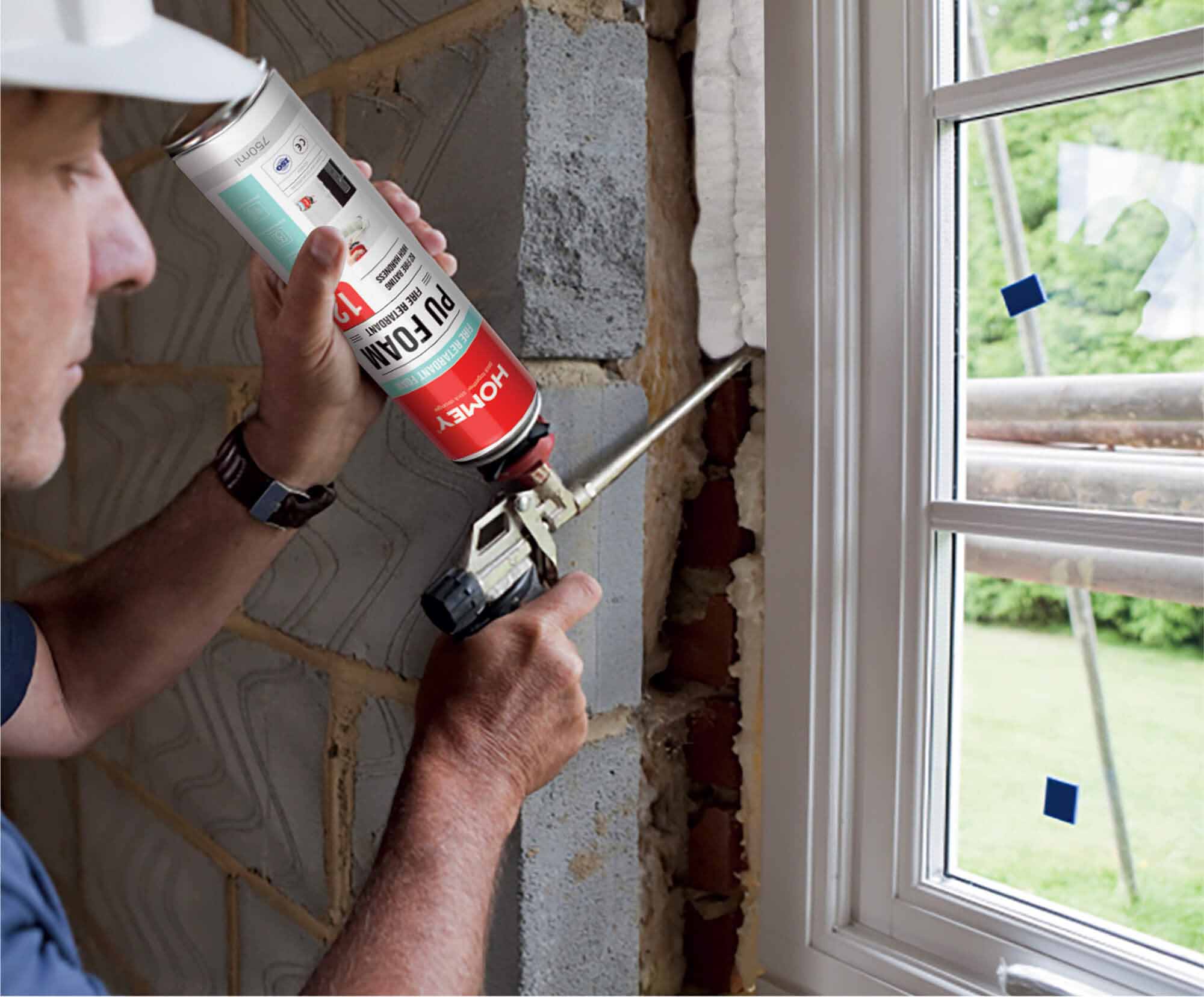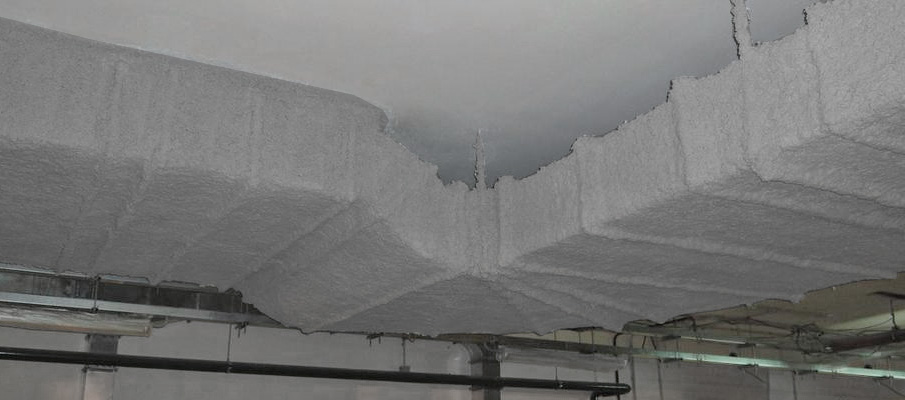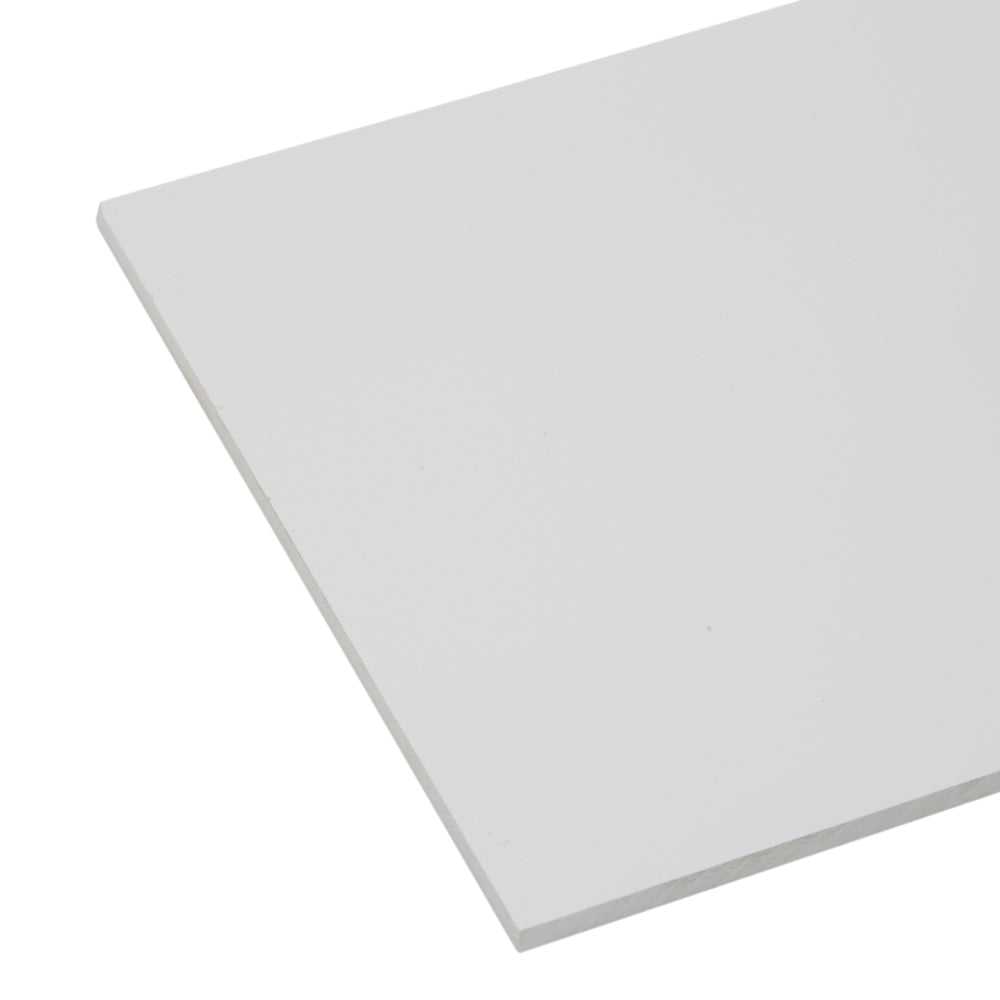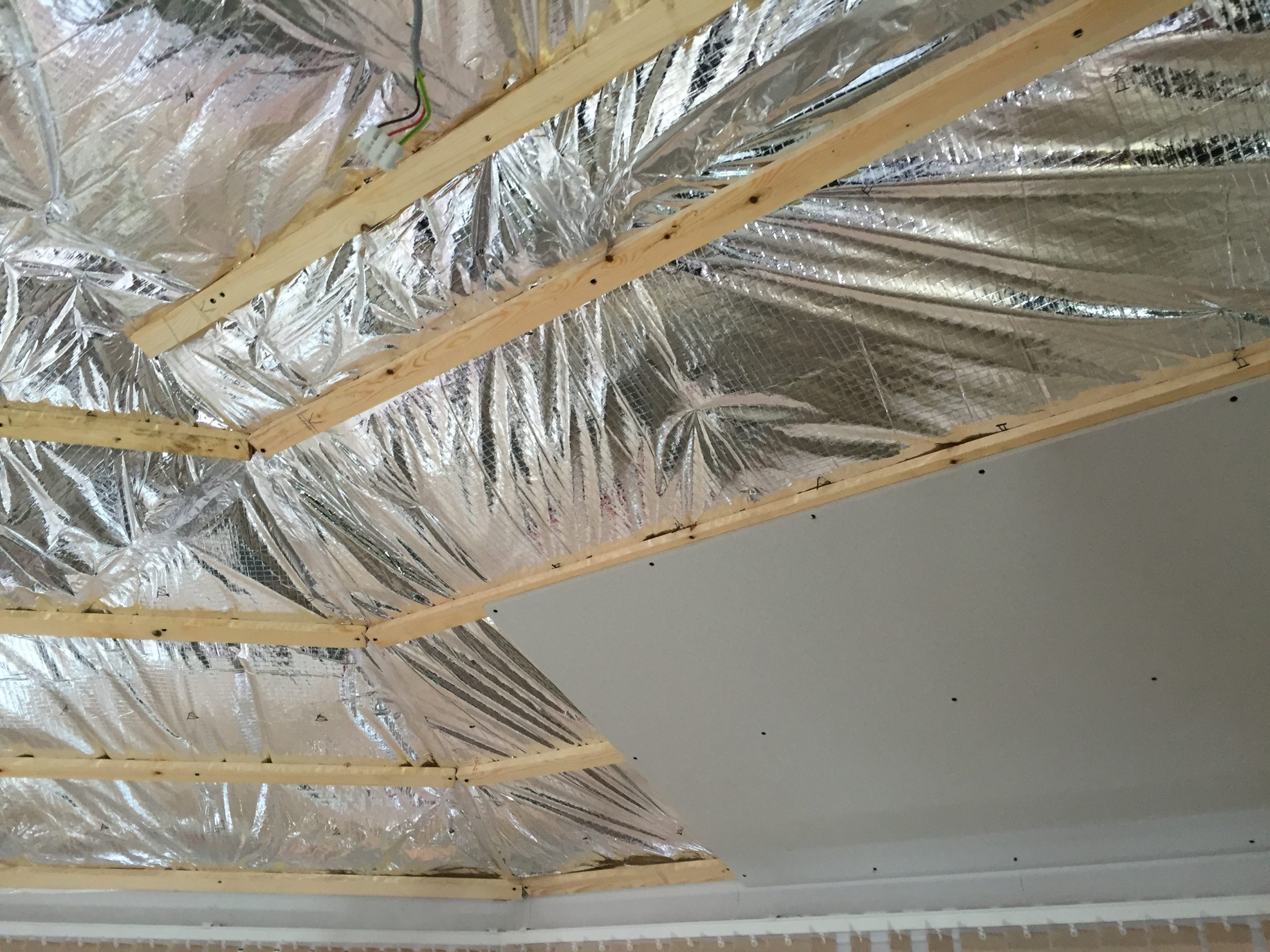In today's world, where energy efficiency and sustainability are paramount, it is crucial to explore innovative solutions for insulation. One such solution that has gained significant attention is foam insulation. In this blog post, we will delve into the reasons why foam insulation is a game-changer, providing a comprehensive understanding of its benefits and applications.
- Unparalleled Insulation Performance:
Foam insulation stands out from traditional insulation materials due to its exceptional thermal resistance properties. Its closed-cell structure creates an airtight barrier, preventing heat transfer and minimizing energy loss. This superior insulation performance translates into reduced energy consumption, lower utility bills, and enhanced indoor comfort. - Enhanced Moisture Control:
Moisture infiltration can lead to numerous issues, including mold growth, structural damage, and compromised indoor air quality. Foam insulation's impermeable nature acts as a moisture barrier, preventing water vapor from seeping into the building envelope. By effectively controlling moisture, foam insulation helps maintain a healthy and durable living environment. - Air Sealing and Soundproofing:
Beyond its insulation capabilities, foam insulation excels in air sealing, eliminating drafts and air leaks. By sealing gaps and cracks, it enhances the building's overall energy efficiency and reduces the workload on HVAC systems. Additionally, foam insulation's dense structure provides excellent soundproofing, creating a quieter and more peaceful indoor environment. - Versatility and Adaptability:
Foam insulation can be applied to various surfaces, including walls, roofs, attics, and basements. Its ability to conform to irregular shapes and fill cavities ensures a seamless and efficient installation process. Whether it's a new construction project or a retrofitting endeavor, foam insulation offers versatility and adaptability, making it suitable for a wide range of applications. - Environmental Sustainability:
Foam insulation not only benefits homeowners and businesses but also contributes to environmental sustainability. By reducing energy consumption, it helps lower greenhouse gas emissions and combat climate change. Additionally, some foam insulation products are made from recycled materials, further reducing their environmental impact.
Conclusion:
Foam insulation has revolutionized the insulation industry, offering unparalleled performance, moisture control, air sealing, soundproofing, versatility, and environmental sustainability. Its ability to create energy-efficient and comfortable living spaces has made it a preferred choice for homeowners, builders, and architects alike. Embracing foam insulation is a step towards a greener future, where energy efficiency and sustainability go hand in hand.





